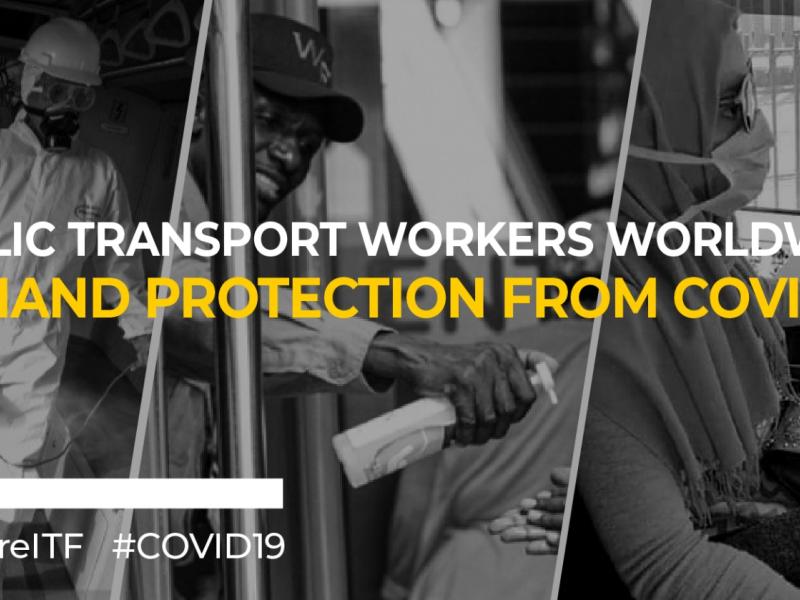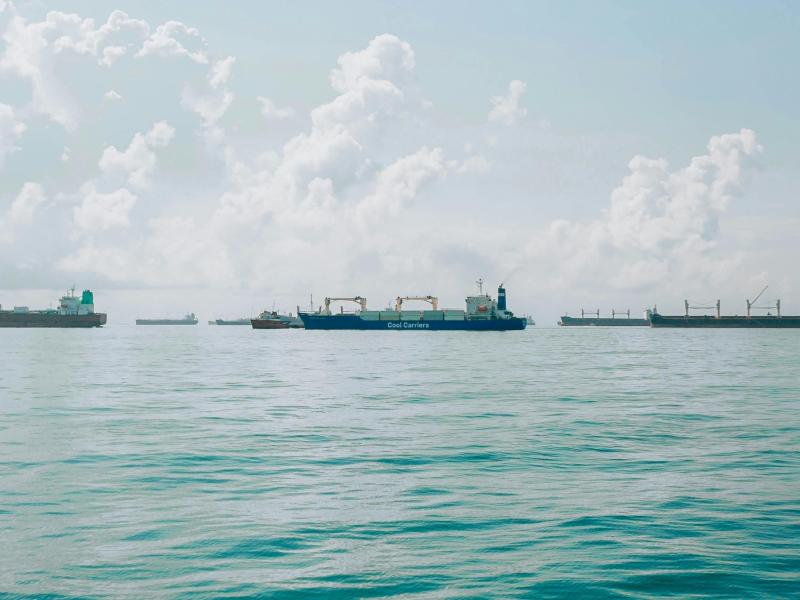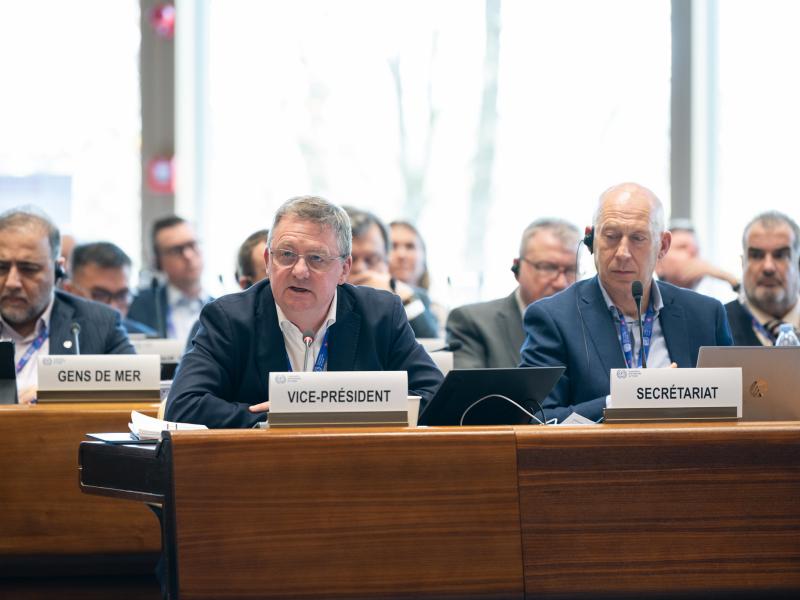Rail has the potential to be one of the most powerful tools to reverse the crises of inequality, climate change and COVID-19, whilst keeping the global economy moving. The rail infrastructure could be the bedrock of sustainable supply chains and a new economic model based on public goods and needs, instead of profit and private interest.
Privatisation and subcontracting have weakened global supply chains and, as a result, our response to and recovery from crises: public ownership and investment is the only means of making the railway sector a sustainable solution to these crises.
A well-funded and democratic railway sector is one of the great equalizers for society. Job mobility, public health, and skilled, well-paid employment increase when governments cooperate with trade unions, passengers, and impacted communities to develop and maintain rail networks.
Privatisation and subcontracting pose significant health and safety risks to passengers and all railway workers. Privatisation reduces public accountability and transparency. Serious health and safety threats, including the transmission of COVID-19, are more likely to be monitored, identified and remedied in systems that are publicly owned and where working terms and conditions are defined through collective bargaining.
Subcontracted railway workers, including cleaning, catering and administrative staff, are disproportionately in precarious, informal and non-standard forms of employment (NSFE). Without sufficient job security and social protection, these workers are sometimes forced to work when tired, stressed or unwell. This poses serious safety risks, especially if the COVID-19 virus is present within the workplace, community or supply chain.
Women are over-represented in typically subcontracted roles such as cleaning, catering and administration. This disproportionately excludes them from additional safety protection, higher standards of pay, enhanced terms and conditions, social protection and collective bargaining.
Publicly-owned, reinvested, integrated rail must be at the heart of a new economic model. Privatisation and subcontracting is unsafe, unfair and unsustainable. Long-term financial support for railways must be conditional on the fulfilment of public interests, including democratic accountability, decent work and equality. Rail is a public good – we must ensure it is strong enough to help prevent and reverse future crises.
The ITF calls upon governments and rail authorities to negotiate with trade unions to:
Guarantee the health and safety of all rail workers and passengers
1. Recognise COVID-19 as an occupational disease;
2. Guarantee adequate and appropriate personal protective equipment (PPE) and access to sanitary facilities for all workers;[1]
3. Identify threats to and new pressures on workers health, rights and welfare, and develop and implement workplace responses, including standardised social distancing protocols and protections against violence at work and gender-based occupational segregation;
4. Provide access to free healthcare, and access to medical testing, treatment, training, equipment and facilities for training for all workers;
5. Guarantee paid leave, in the form of sick pay or holiday pay, from the first day of leave, for all workers;
6. Improve scheduling, days of work and working hours to protect jobs and the health and safety of workers;
Safeguard workers’ rights to safeguard passenger safety
7. Respect the right to withdraw from a work situation that presents an imminent and serious danger to their life or health, without fear of retaliation;
8. Enforce ILO Conventions regarding freedom of association, collective bargaining, forced labour, discrimination, violence and harassment at work, gender-based occupational segregation, and occupational health and safety for all workers;
9. Protect the privacy and personal information of workers, and share with trade unions any data contributing to corporate decision-making;
Protect pay, conditions and jobs
10. Guarantee the full income, terms and conditions and employment of all rail workers during the COVID-19 crisis and any future disruptions to rail;
11. Recognise and compensate the key role of transport workers through line of duty and enhanced compensation and benefits, including access to compensation in the case of injury or death;
12. Negotiate a fair and transparent distribution of the impact of the COVID-19 crisis and any future disruptions across the industry;
13. End precarious and non-standard forms of work in the rail network and supply chain to protect the health, safety and welfare of all workers and passengers;
Build economic and environmental sustainability
14. Recognise and exercise their duty of care for all workers in their business and supply chain; reduce subcontracting and outsourcing of rail services and jobs; and, where appropriate,
15. Increase public ownership of rail and mandate rail authorities to directly manage and/or employ all workers within the rail network, including outsourced and agency workers;
16. Guarantee democratic accountability in the planning, development and future of rail through worker representation in rail authorities and management;
17. Recognise rail as decarbonising infrastructure, with investment in electrification, as part of any environmental and decarbonisation targets, policies, strategies and spending;
18. Promote fair transport including, fair pricing and taxation across the whole transportation system and supply chain;
19. Collectively bargain with trade unions on any introduction or new use of technology and data, or changes to existing technology in the rail network; and,
20. Reinvest profits into debt reduction, rail modernisation, staff training, education, gender-impact assessments and measures that increase the long-term sustainability of rail.
These measures must apply to all rail workers and all rail supply chain workers regardless of their job description, contractual arrangement and employment status and be responsive to different genders and migration statuses.
[1] See https://www.itfglobal.org/en/focus/covid-19/global-demands
https://www.itfglobal.org/en/reports-publications/itf-sanitation-charter
https://www.itfglobal.org/en/news/public-transport-workers-worldwide-demand-protection-covid-19 additional guidance on adequate and appropriate PPE, health and safety measures and sanitary facilities




